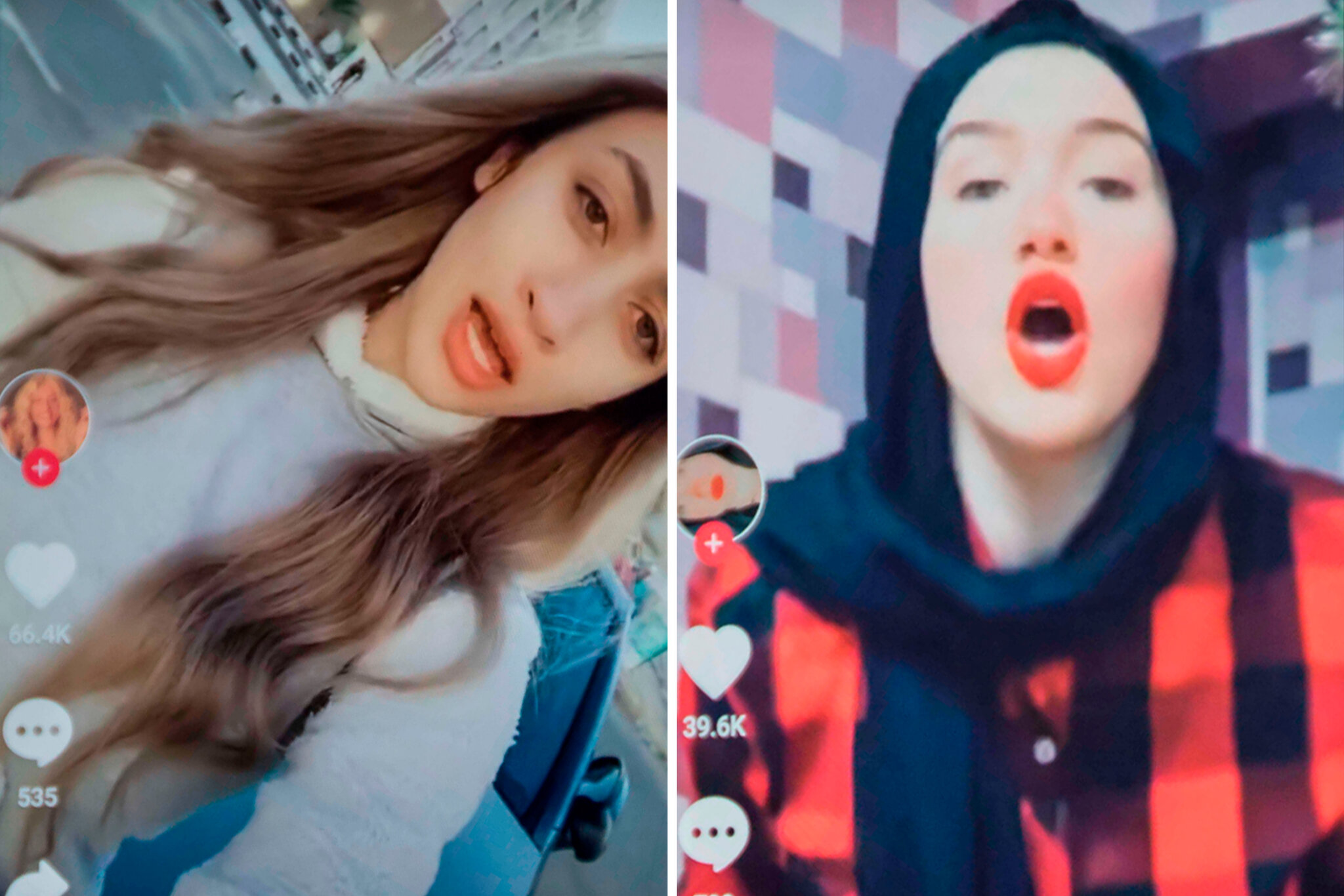
Egyptian authorities have arrested eight TikTok content creators and placed two others on bail in early August, accusing them of posting videos deemed “obscene” and incompatible with “family values.”
Prosecutors confirmed on Friday, 8 August, that the detentions are part of a broader investigation into alleged “illegal gains” and “money laundering.” Officials said the suspects’ assets have been frozen, their equipment seized, and their names placed on a travel ban list.
According to the Interior Ministry, the videos in question contain “obscene” language, violate “public morality,” and amount to “abuse of social media.”
The Egyptian Initiative for Personal Rights (EIPR) has condemned the arrests, describing them as part of a targeted crackdown on women from modest backgrounds, pursued under the banner of moral enforcement without transparent justification.
Prosecutors stated that some of the defendants admitted to publishing such content to “increase their views” and generate financial profit.
Parliamentary figures, including MP Ahmed Badawy, have given TikTok a three-month deadline to align its content with “moral and social standards that are fully consistent with Egyptian values.” Failure to comply, they warned, could result in the platform being banned in Egypt.
The arrests come amid tighter state control over digital platforms, as legislators push for stricter oversight of online content. Several MPs have called for TikTok’s removal, citing its alleged harmful influence on young people—describing it as “a threat as serious as drugs.”
This crackdown reflects the government’s growing concern over social media’s role in shaping public behaviour, particularly among the youth, and signals an intensified effort to regulate digital expression within the country’s moral and cultural framework.



